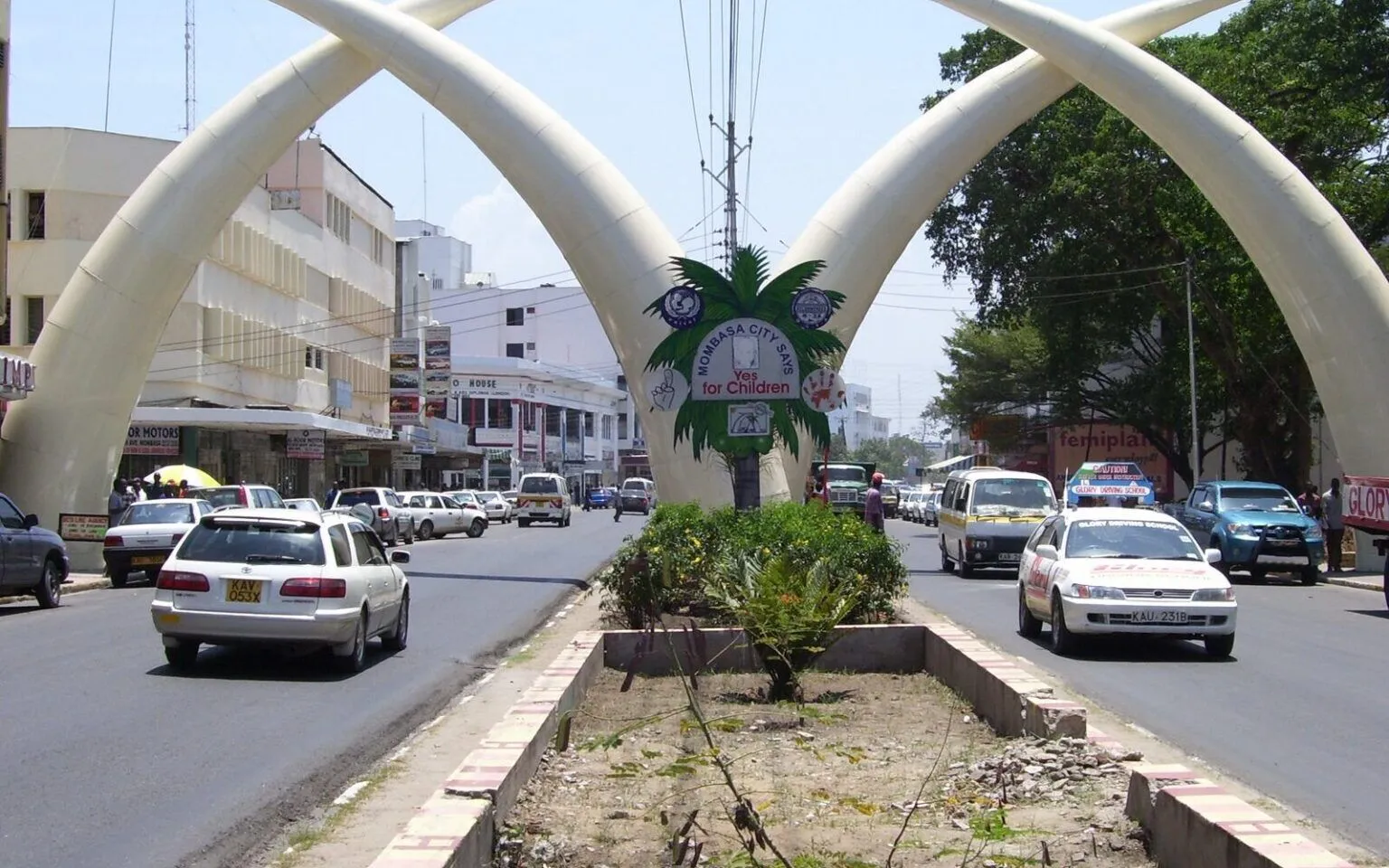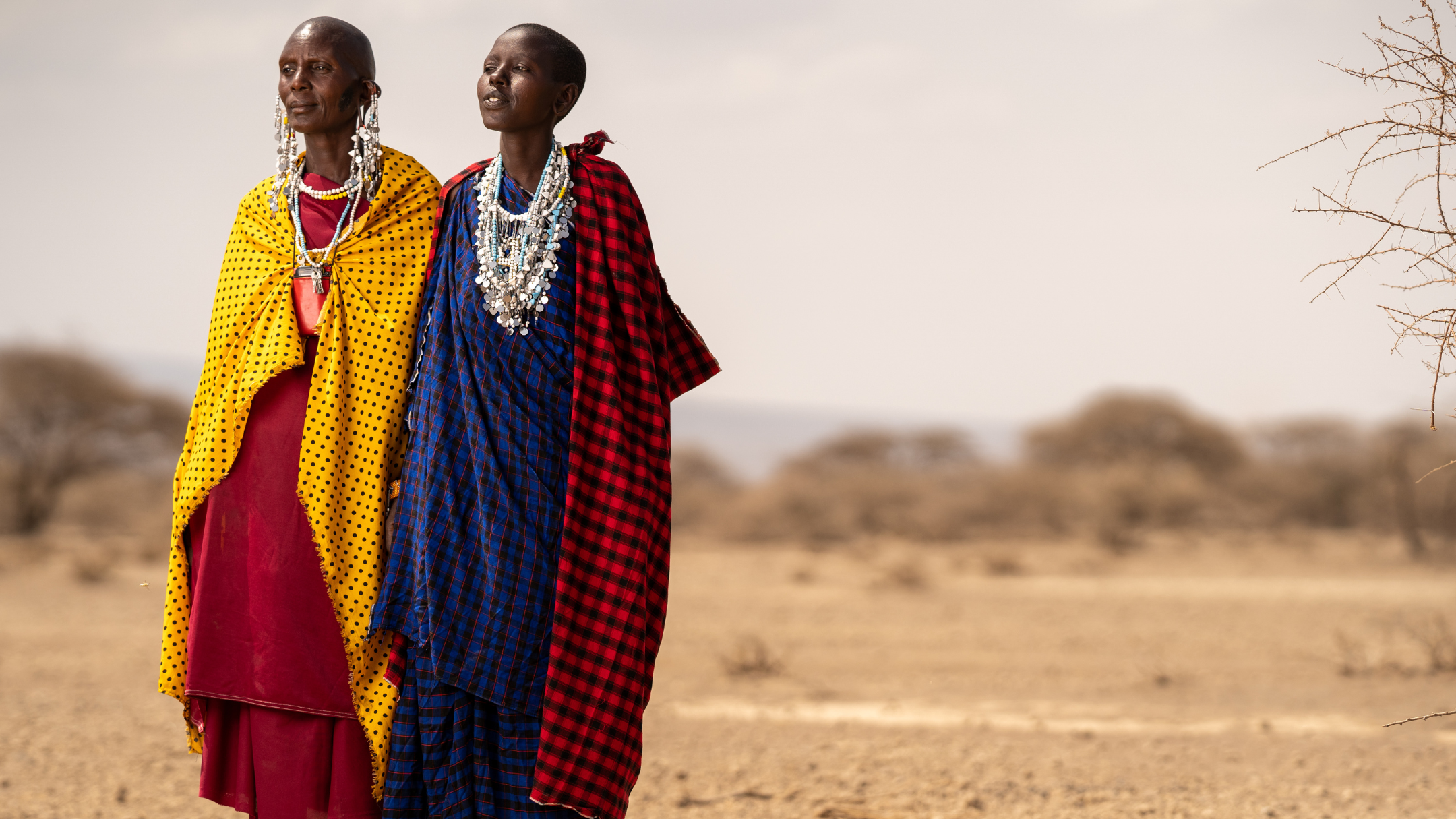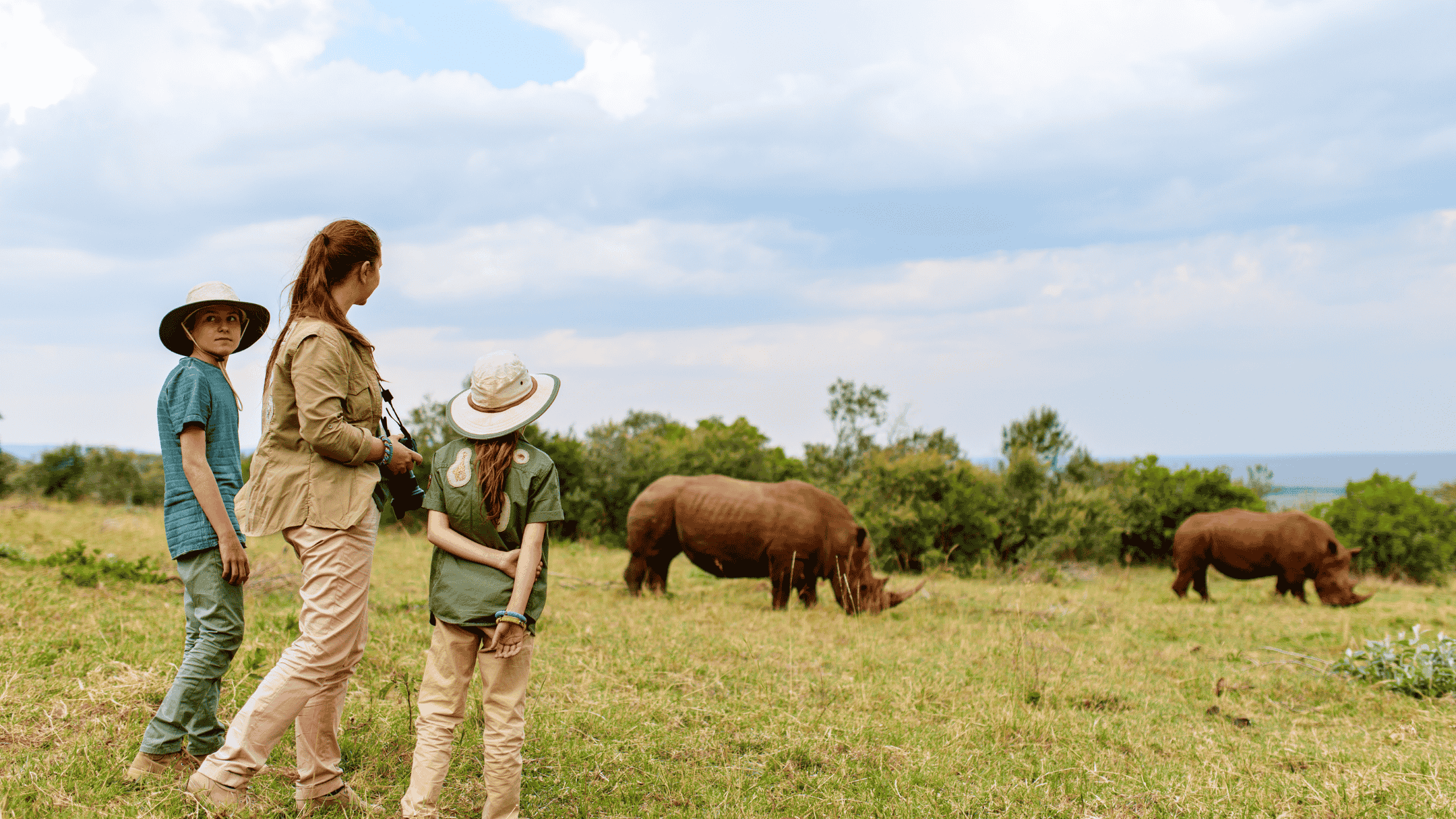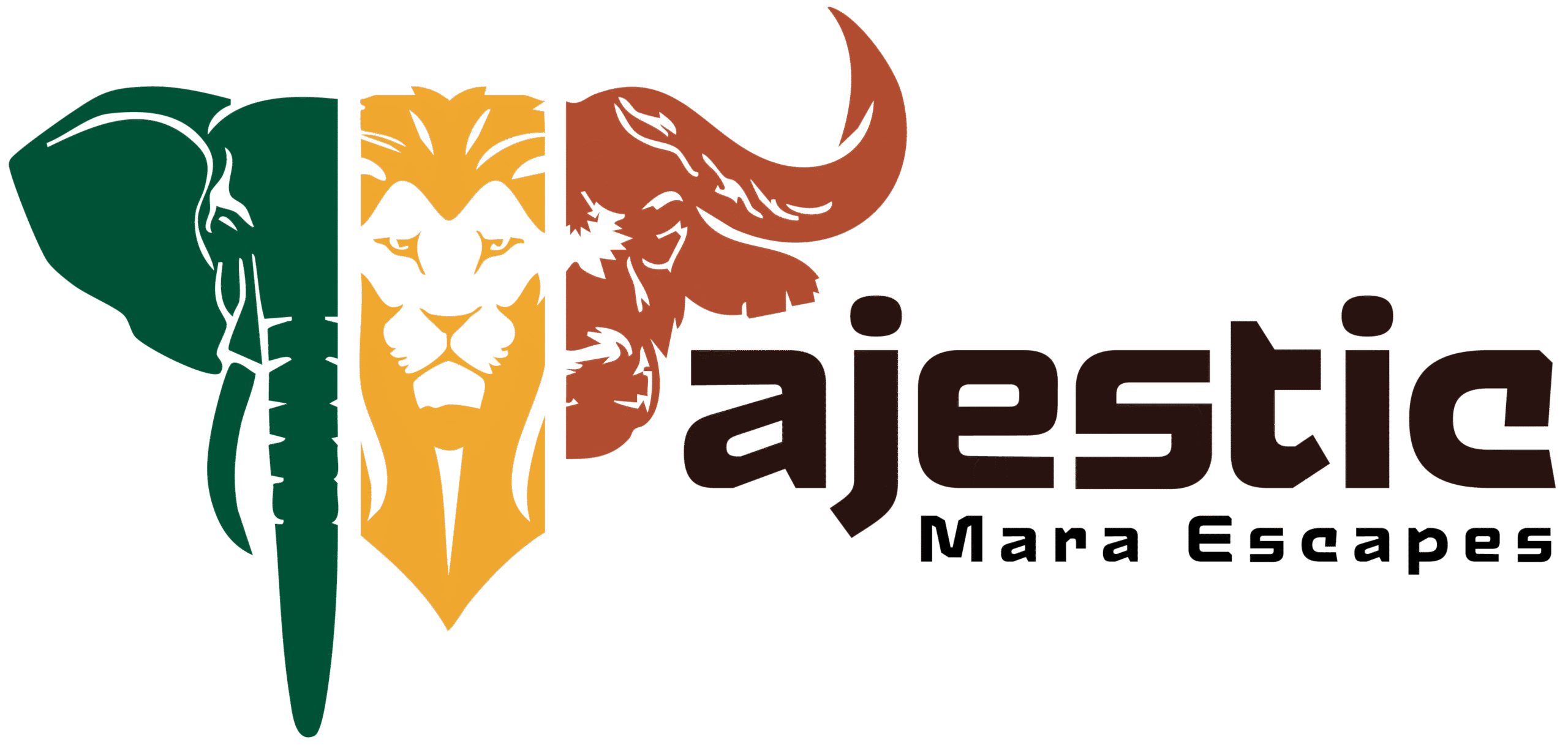Kenya: Facts and Useful Tips
Welcome to Kenya: Land of Wildlife, Cultures & Coastlines
Kenya — home to vast savannahs teeming with lions, zebras, and giraffes, and endless white beaches along the Indian Ocean — is a country full of adventure and contrasts. While it may differ from what Western travelers are used to, that’s exactly what makes a trip here so rewarding.
This page offers you essential tips and inspiring stories to help you prepare for an unforgettable journey.

🌍 Kenya at a Glance
Capital: Nairobi
Population: 54 million (comprising 43 tribes)
Languages: English & Kiswahili (plus many tribal dialects)
Currency: Kenyan Shilling (KES)
Area: 592,000 km²
Highest Point: Mount Kenya (5,199 m)
Time Difference:
UK: +2 hours (summer), +3 hours (winter)
USA: +7 to +10 hours
Neighbouring Countries: Tanzania, Uganda, Ethiopia, Somalia, South Sudan
Popular Destinations: Masai Mara, Samburu, Tsavo East & West
🏙️ Cities: Nairobi & Mombasa
Nairobi: The capital and Kenya’s largest city, home to 4.4 million people, bustling markets, vibrant culture, and modern life.
Mombasa: A coastal gem with rich Swahili history, historic architecture, and a laid-back seaside atmosphere.
🛂 Visa Requirements
To visit Kenya, you’ll need:
A passport valid for at least 6 months beyond your return date.
An approved eTA (electronic Travel Authorization), available online at the official Kenyan eTA website for USD $35.
Embassies:
United Kingdom
Kenya High Commission
45 Portland Pl, London W1B 1AS
📞 +44(0)20 7636 2371
📧 info@kenyahighcom.org.uk
🌐 www.kenyahighcom.org.uk
United States
Kenya Embassy, Washington D.C.
2249 R Street NW, Washington DC 20036
📞 +1(202) 387-6101 / (202) 760-2079
📧 information@kenyaembassydc.org
🌐 www.kenyaembassydc.org
🦁 Safari in Kenya
In Swahili, “safari” simply means journey. With Afrika Safari Trips, you’ll embark on a private wildlife adventure in a 4×4 Land Cruiser Jeep with a pop-up roof — ideal for wildlife viewing.
The Big Five:
Lion
Elephant
Buffalo
Leopard
Rhino
You’ll also encounter countless other animals and hundreds of colorful bird species. Wildlife is most active at sunrise and sunset, making these the best times for game drives.
Our safaris are fully private — no shared vehicles, and you choose your pace and schedule. Fancy a midday dip in the lodge pool? No problem — it’s your adventure.

🧕🏾 Cultural Encounters
Kenya is home to dozens of unique tribes. During your trip, you may visit:
The Maasai: Nomadic warriors with colorful shukas, intricate beadwork, and traditional high-jumping dances.
The Samburu: Similar to the Maasai, but based around Samburu National Reserve in northern Kenya.
Visits are respectful and offer a glimpse into lifestyles deeply rooted in tradition.

🌦️ Climate & Best Time to Visit
Kenya has a tropical climate with two rainy seasons:
Short rains: November
Long rains: Late March to May
Even during rainy seasons, travel is still possible — mornings are often sunny, and parks turn lush green with fewer crowds.
Temperature
Coast: Hot and humid (avg. 35°C / 95°F)
Highlands: Cooler, with chilly nights
🔐 Safety Tips
Kenya is safe for travelers, especially those on organized safaris. That said, follow basic precautions:
Use hotel safes or reception lockers for valuables.
Don’t leave belongings unattended in safari vehicles.
Avoid walking alone at night in cities; use registered taxis.
Leave flashy jewelry at home.
Be mindful of pickpockets in busy areas.
👗 What to Wear
General Clothing
Modest dress (shoulders and knees covered) is respectful, especially in Muslim coastal areas.
Long sleeves, hats, and sunscreen help protect from intense equatorial sun.
Pack a sweater or light jacket for chilly evenings.
Safari Style
Opt for cotton clothes in muted tones like khaki or olive green.
Avoid black, red, or blue as they attract insects.
Comfortable walking shoes and a swimsuit are must-haves.

🏥 Healthcare & Vaccinations
Before You Go:
Recommended vaccines: Hepatitis A, Yellow Fever
Covid-19 vaccination: Currently mandatory
Malaria prevention: Bring mosquito repellent and take malaria tablets if advised.
Essentials to Pack:
Personal medication and a basic first aid kit
Mosquito repellent & net (though lodges often provide nets)
Sanitary products (hard to find in rural areas)
Good travel insurance (ask us about Flying Doctors coverage)
Consult your local travel clinic before departure.
🍽️ Food & Drink
Kenyan lodges serve a mix of European and local cuisine:
Breakfast: Eggs, chapati, tropical fruits
Lunch & Dinner: Fresh fish, curries, roast meats, rice, beans, and vegetables
Dining Style: Buffets in larger lodges; set menus in smaller camps
Packed lunches are provided during game drives and enjoyed at scenic picnic spots.
Drinks
Local beers like Tusker and White Cap are popular.
Tap water is not safe to drink — bottled or purified water is always provided.
